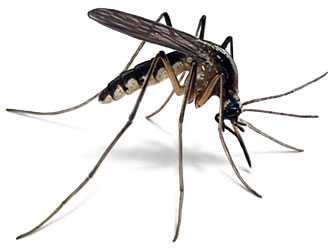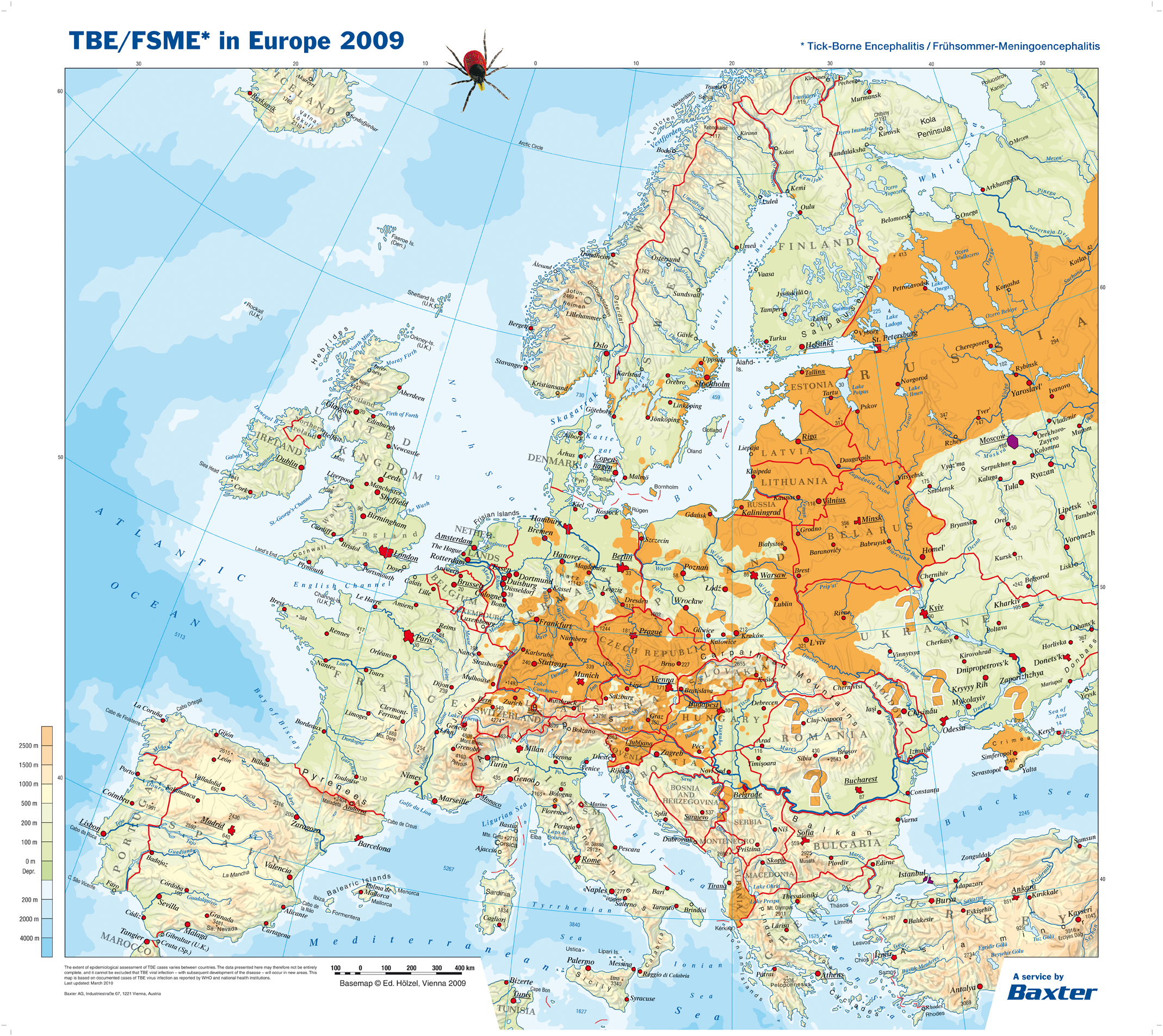 Fiona Genasi, a nurse consultant in travel health medicine at Health Protection Scotland and President-elect of the International Society of Travel Medicine (ISTM), advises travellers to consult experts early in order to protect against a range of risks that often come with travel.
Fiona Genasi, a nurse consultant in travel health medicine at Health Protection Scotland and President-elect of the International Society of Travel Medicine (ISTM), advises travellers to consult experts early in order to protect against a range of risks that often come with travel.
“We suggest people present six-to-eight weeks in advance of travel in order to be vaccinated but also to get advice on how to avoid other dangers like exposure to the sun and how to cope with any underlying illnesses whist travelling,” she told Vaccines Today.
Some vaccines require a number of trips to the clinic and can take several weeks before becoming effective so it is best to research your trip and get advice as early as possible. However, it’s never too late.
“There are some vaccines you can have at the last minute, although others involve courses that take a few weeks. But it’s never too late to receive information so we would still encourage people to see travel medicine specialists,” said Ms Genasi.
The ISTM also has a global travel clinic directory where travellers can find vaccination clinics all over the world that will administer vaccines – ideal for those who make last-minute travel plans and do not have time to be immunised.
Around 50% of travellers will present for a pre-travel consultation, according to Ms Genasi who describes this statistic as “concerning”. She says that even people travelling within Europe might need certain vaccines, depending on what they plan to do. Tick-borne encephalitis, for example, can be a health risk for those travelling in central and eastern Europe.

But it’s not all bad news. Dr Eric Caumes, a member of the ISTM Executive Board Member and incoming Editor of the Society’s peer-reviewed Journal, said there has been a decline in many of vaccine-preventable diseases which affect travellers.
“We don’t know if this decrease is related to a decrease of the vaccine preventable diseases in the countries visited by travellers, or if it’s due to better vaccine coverage of travellers, because it’s a difficult topic” he said.
Dr Caumes said data recently published in the journal Vaccine show that the three main vaccine-preventable diseases diagnosed in returning travellers are enteric fever, hepatitis A and influenza.
“In my opinion, the most important vaccine for travellers is the hepatitis A vaccine – along with the tetanus, diphtheria and the others which are part of the usual vaccination programme. Travellers can contract hepatitis A very easily from food, for example. It can be a very severe disease for those with underlying disease and for older people,” he said.
For other diseases which pose a risk to travellers, the picture is mixed. Dr Caumes said that in France, where he is based, cases of imported malaria have decreased by half over the past 10 years while more returning travellers are presenting with Dengue fever.
However, in the UK where Fiona Genasi practices, cases of Malaria have been “creeping up” in the past few years, with the bulk of cases arising in people returning from West Africa and the Indian subcontinent.
People visiting family in these regions often underestimate the risks because they are travelling to a country which is familiar to them.
Interest in travel-related health risks shot up recently when Cheryl Cole – a popular English singer and TV star – contracted a life-threatening form of Malaria. She recovered well but the story was on the front of newspapers for days.
“I think that episode had a far bigger effect than all of our public health campaigns! We had a surge of people concerned about protecting themselves while travelling and it turned out to be a good opportunity to give advice on all kinds of risks, as well as the measures that can be taken to reduce those risks,” said Ms Genasi.
For globetrotters, embarking on an adventurous trip might be the first time they have thought about being vaccinated since they were children but learning more about immunisation is often the first step in preparing for all the unusual things their journey might bring.
For more information on this subject, check out the WHO’s Travel and Health page




